The best players to be relegated from the Premier League
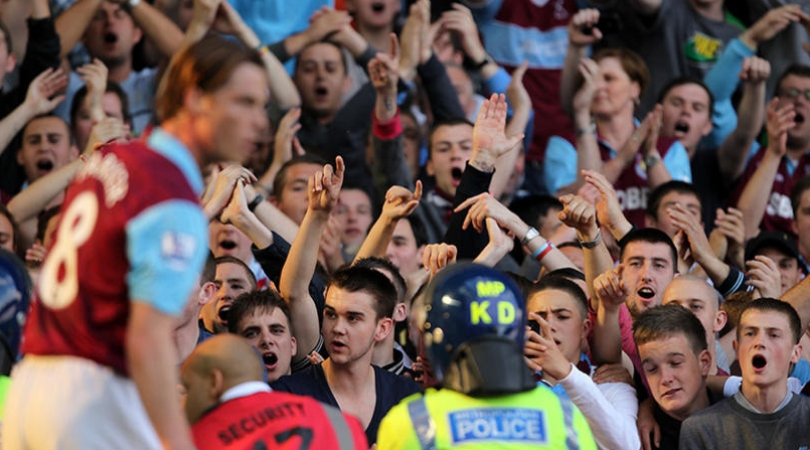
Falling short
Relegation is always a bitter pill to swallow, but even more so if you’ve given everything you’ve got to avoid it.
For these players, individual ability or superb form wasn’t quite enough to save their clubs from the drop...
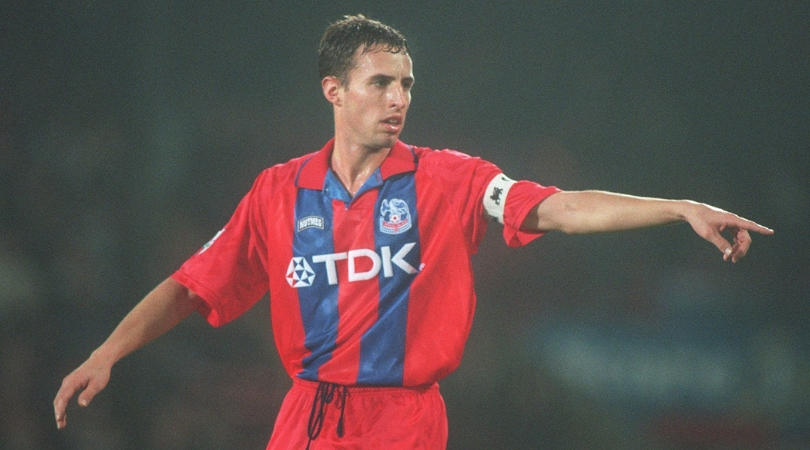
Gareth Southgate (Crystal Palace 1994/95)
Cruelly, the current England boss's playing career is largely remembered for that penalty he missed in a Euro ’96 shoot-out.
But he was a reliable defender who rarely made mistakes, and skippered a good Palace team in 1994/95 that only went down because four teams were demoted that year in order to reduce the size of the top flight from 22 teams to 20.
Another unhappy memory from this time was when Roy Keane tried to stamp a hole in his chest. Ouch.
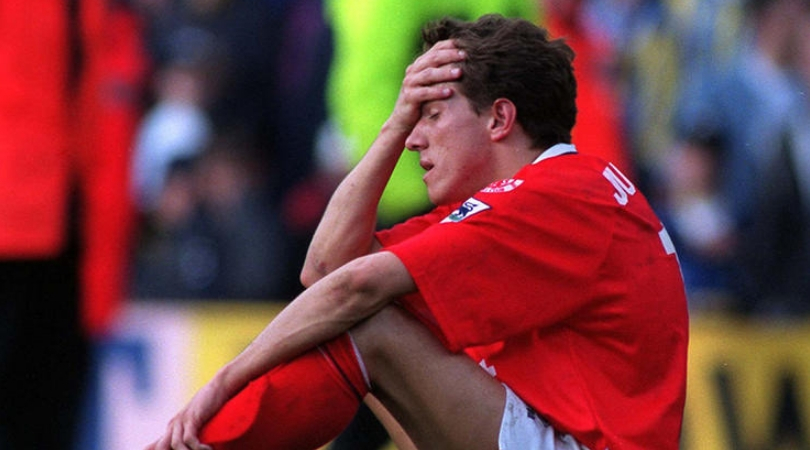
Juninho (Middlesbrough, 1996/97)
Almost everyone has a soft spot for Juninho. The pocket-sized Brazilian inspired Boro to League and FA Cup finals during his second season at the club, but the three points they were deducted for calling off a December fixture proved fatal.
A 1-1 draw with Leeds on the last day of the season wasn’t enough to keep them in the Premier League and it left the Brazil midfielder in tears, ensuring his eternal place in the hearts of Boro fans everywhere.
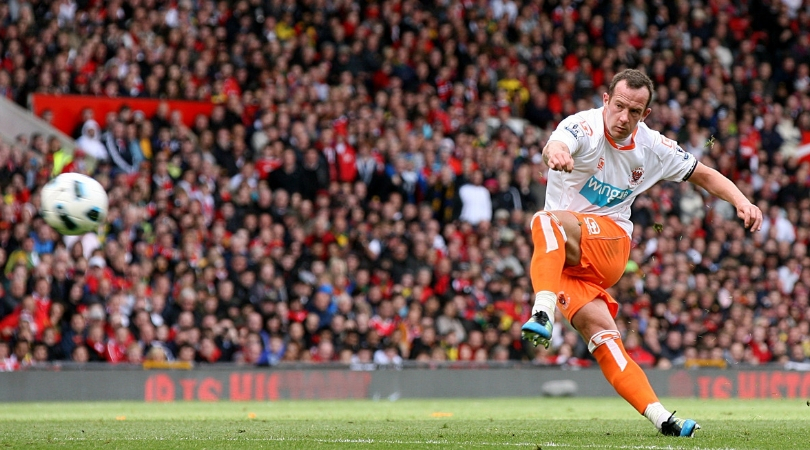
Charlie Adam (Blackpool, 2010/11)
Looking at Blackpool now, you could be forgiven for forgetting that the League One side were providing thrills and spills in the Premier League not so long ago.
Scottish midfielder Adam was a talismanic figure for the club, standing at the forefront of their rise to the top division with a portfolio of long-distance screamers.
His game reached new heights in the top flight, however, as he was directly involved in 22 goals in all competitions and discussed as a contender for PFA Player of the Year. That couldn’t stop Blackpool going down on the final day, but it did land Adam a dream move to Liverpool.
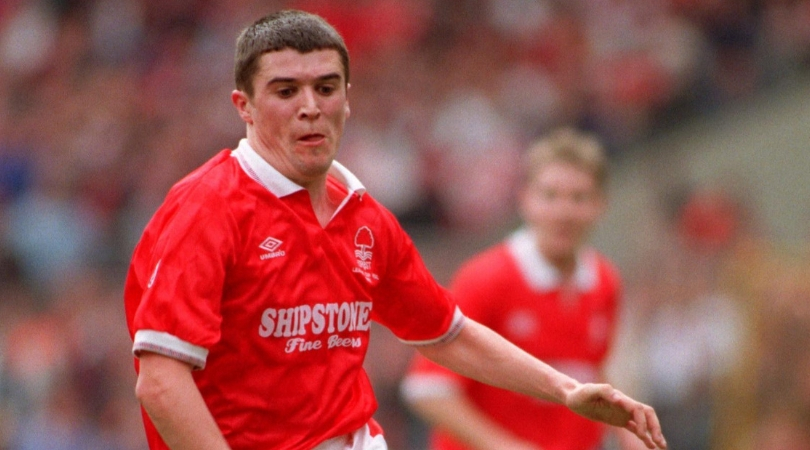
Roy Keane (Nottingham Forest 1992/93)
Some younger readers may only know Keane as a snarling assistant manager, but there was a time when he was one of the most promising young talents emerging in world football. His form in the very first Premier League season with Forest attracted attention from some of the biggest teams in the land, but it wasn’t enough to keep Brian Clough’s side in the division.
After being named in the PFA Team of the Year, Keane was signed by Manchester United at the end of the season – and the rest is history.
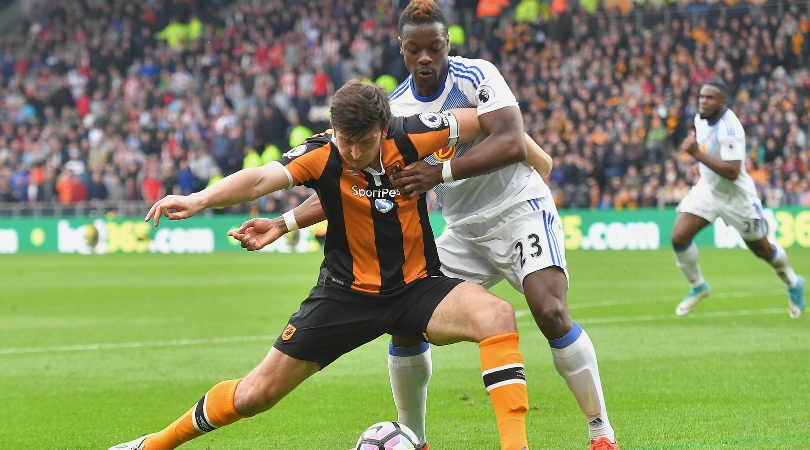
Harry Maguire (Hull City, 2016/17)
Before the highs of becoming the darling of English football in Russia last year, Maguire suffered the low of relegation at Hull. The Tigers went down in 2016/17 but the centre-back’s form had made him a wanted man, and he joined Leicester that summer after being named player of the year at Hull’s end-of-season awards.
He's now an England regular, and Manchester United could revive their interest in the 26-year-old this summer.
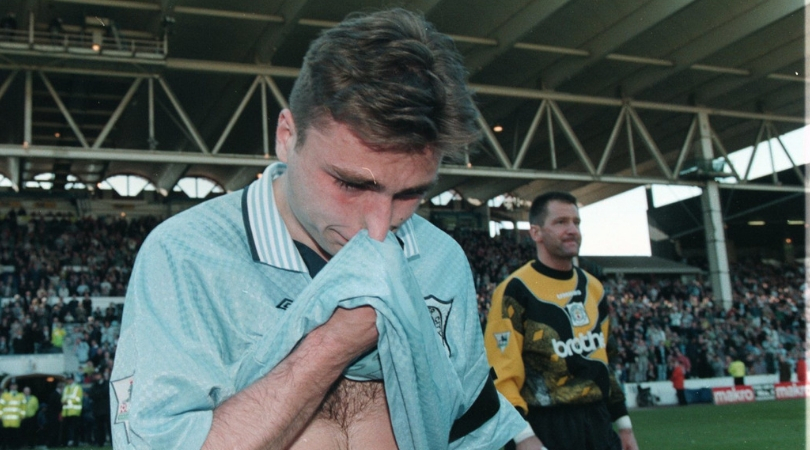
Georgi Kinkladze (Manchester City, 1995/96)
In the days before David Silva and Sergio Aguero were dazzling the locals, Kinkladze was one of the most thrilling talents that Manchester City supporters had ever seen.
The Georgian could wind his way past anyone with his dribbles and scored some superb goals, but homesickness ultimately stopped him from fulfilling his full potential at Maine Road.
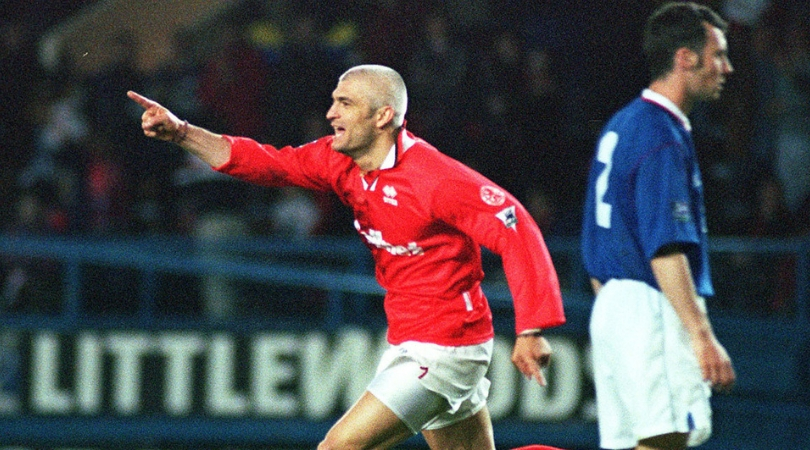
Fabrizio Ravanelli (Middlesbrough 1996/97)
The path from Juventus to Middlesbrough isn’t exactly a well-trodden one, but Ravanelli moved to the Riverside in summer 1996 after being tempted by a lucrative pay package.
An Italy international with Champions League and Serie A titles under his belt, the striker adapted well to English football as he scored 16 goals in his debut Premier League season.
In a painful end to the season, though, Boro were relegated and lost in both the FA Cup and League Cup finals, paving the way for his exit to Marseille.
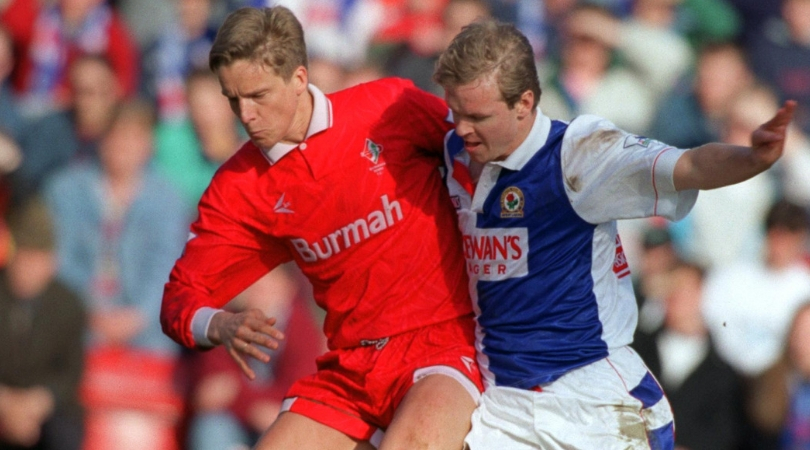
Jan Age Fjortoft (Swindon Town, 1993/94)
The Norwegian striker became a cult hero at Swindon, scoring 13 goals in his first season in English football. The dynamic Norwegian actually took until mid-January to net a first of the season and whip out his aeroplane celebration, which was soon being mimicked by children across the country.
His goals weren’t quite enough to lead the Robins to safety, and unfortunately for Fjortoft, he was again relegated four years later with Barnsley.
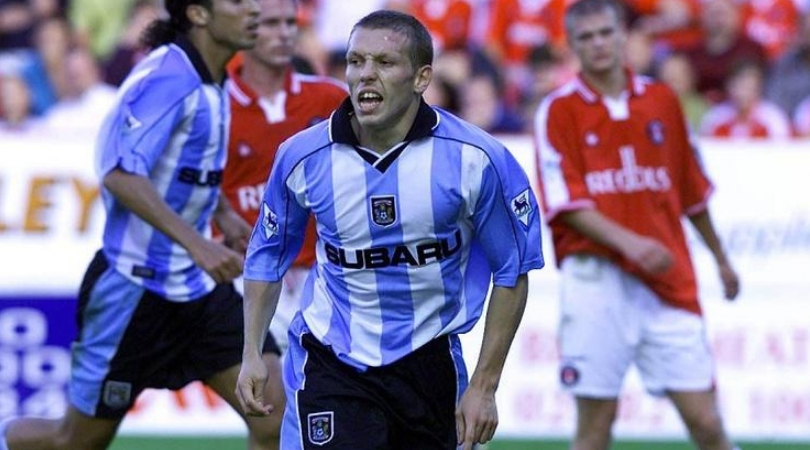
Craig Bellamy (Coventry, 2000/01)
Coventry’s 34-year stint in the top flight finally came to an end in 2001, with Bellamy’s form being one of the few positives they could take from the campaign.
The Welsh striker later admitted he didn’t enjoy his time at the club, where he scored six goals in his bid to keep them up. Bellamy was never a prolific player, though, and only reached double figures during a single season on three occasions – one of those coming in the second tier. Indeed, he never managed more than 13 (achieved at Blackburn in 2005/06).
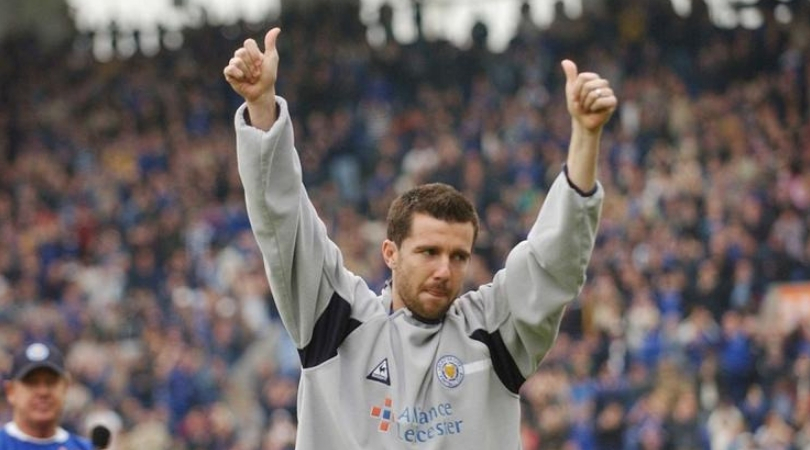
Muzzy Izzet (Leicester, 2003/04)
Of all the retired Leicester legends, Izzet would probably stand the best chance of getting into the current Foxes team. The Turk got a league-high 14 assists in the 2003/04 campaign, finishing ahead of Ryan Giggs despite his team falling to a miserable relegation.
Izzet had stayed put after the club’s first drop in 2002, but this time he departed for Birmingham City on a free transfer after eight memorable years in the East Midlands.
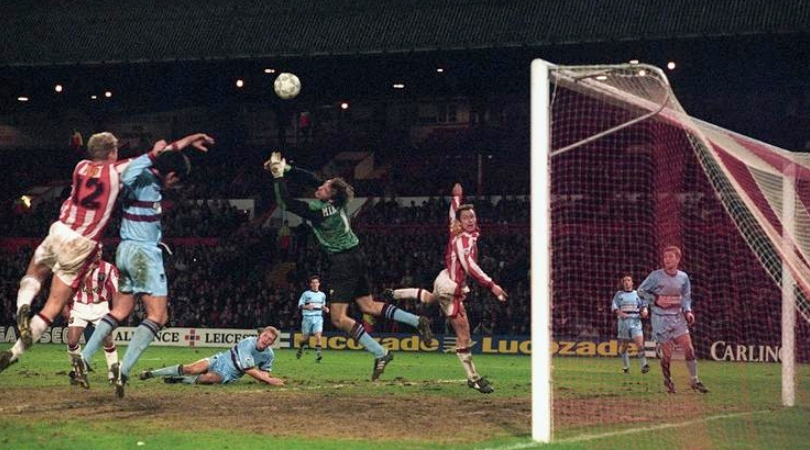
Jostein Flo (Sheffield United, 1993/94)
The 1993/94 campaign wasn’t an auspicious one for Norwegian strikers, as Flo joined compatriot Fjortoft in heading down to the second tier. He scored 10 goals for the Blades in his efforts to stave off the drop, before going on to find the net 110 times in 161 league games for Stromsgodset back home.
The 6ft 4in forward also proved to be a nuisance to the Brazilian national team, when he helped his country record a memorable 2-1 over the World Cup holders at France ’98.
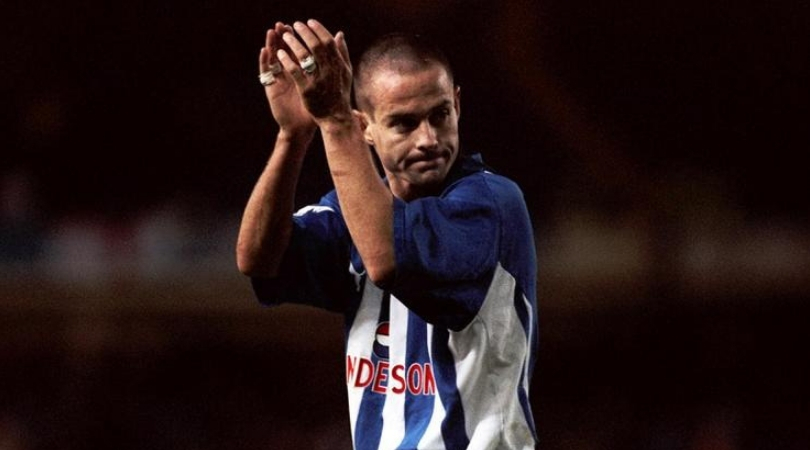
Gilles De Bilde (Sheffield Wednesday, 1999/2000)
Wednesday’s signing of De Bilde from PSV was seen as a major coup in 1999, but the Belgian’s arrival was one of few positives for the Hillsborough faithful that year.
The Owls already looked destined for the drop by September when they lost 8-0 to Newcastle, but De Bilde did his best to ward off the inevitable relegation by netting 10 goals.
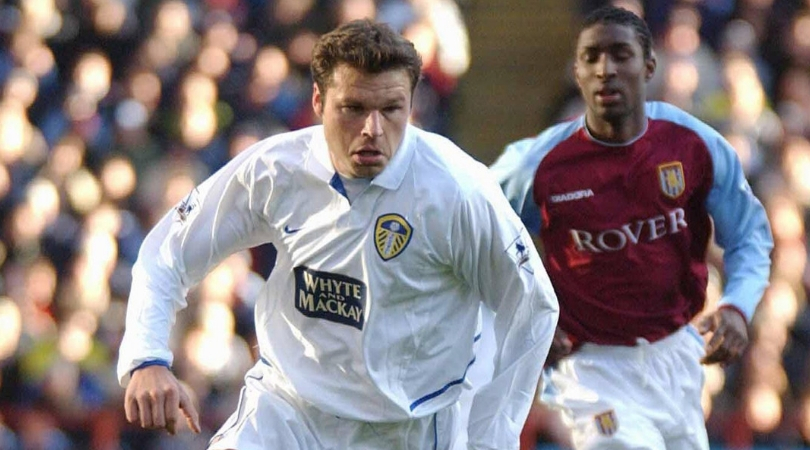
Mark Viduka (Leeds, 2003/04)
Like West Ham a year earlier, Leeds went down despite having a talented squad. The likes of James Milner and Aaron Lennon were coming through the ranks, while veterans Alan Smith, Ian Harte, Lee Bowyer and Lucas Radebe had more than enough about them to keep the Elland Road club in the Premier League.
Viduka was least deserving of the demotion, though: the Australia international scored 11 league goals to bring his otherwise successful spell in Yorkshire to an end.
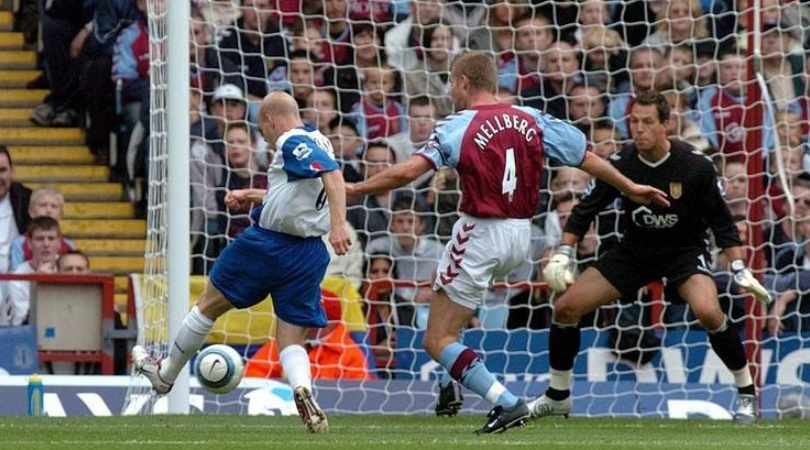
Andrew Johnson (Crystal Palace, 2004/05)
Johnson was unlucky not to win the Golden Boot as his 21 Premier League goals – which would often be enough to bag the award – were bettered by Thierry Henry.
The pace merchant was in superb form for the Eagles on their return to the top division and scored more than half of their overall goal haul, although admittedly 11 of them were from the penalty spot.
He earned an England call-up as a reward for his efforts, but his club were victims of West Brom’s great escape on the final day of the season.
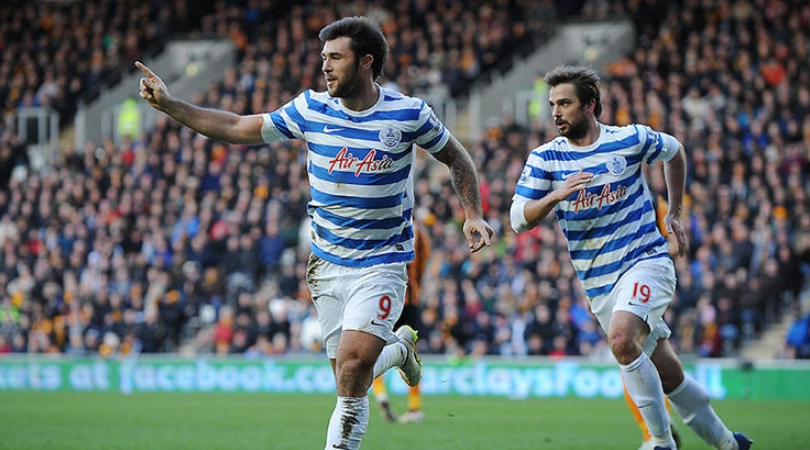
Charlie Austin (QPR, 2014/15)
QPR were a mess in the 2014/15 season, winning just eight games and shipping 73 goals. However, they were more effective going forward where they scored 42 goals, Austin providing 18 of them.
The striker’s form was one of the few bright spots in a forgettable year for the Loftus Road club, as he finished at No.4 in the Premier League scoring charts, one place ahead of Alexis Sanchez.
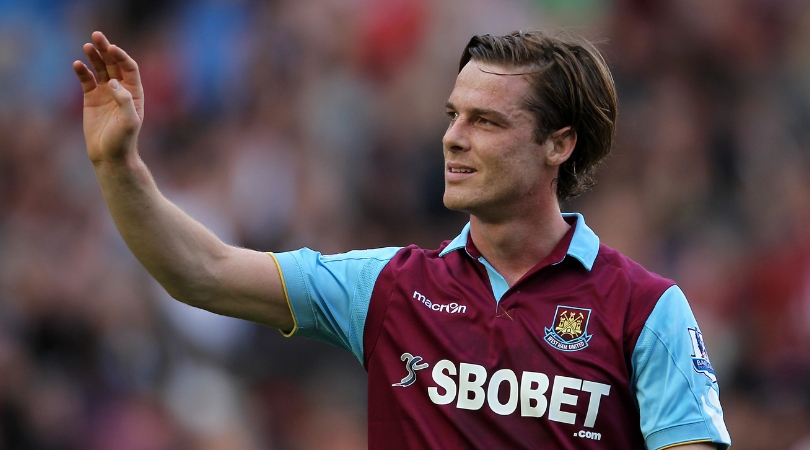
Scott Parker (West Ham, 2010/11)
Parker appeared possessed during the 2010/11 campaign, scoring seven goals and giving many more motivating team talks in a year where he hardly put a foot wrong.
The Hammers finished rock bottom, but the midfielder’s impressive performances led to him winning the FWA Footballer of the Year award – an incredible achievement considering the ignominious circumstances that the season finished in for his club.
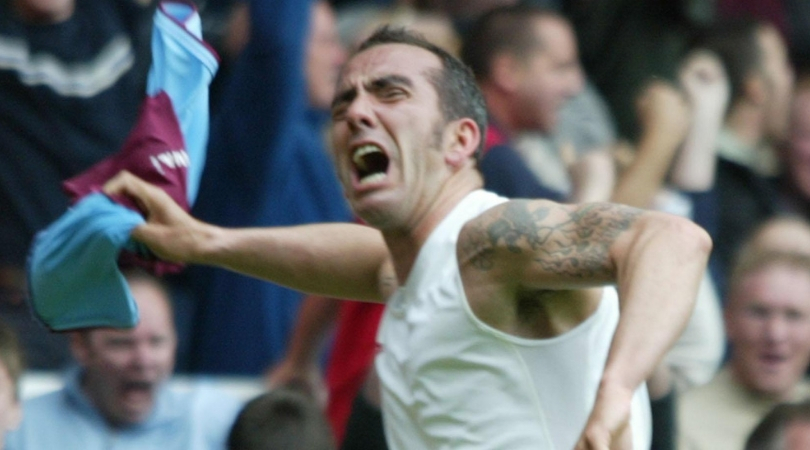
Paolo Di Canio (West Ham, 2002/03)
Winning 42 points over the course of a season would usually be enough to secure a mid-table finish. But in 2003, it spelled relegation for the Hammers.
In a team bursting with ability (think Michael Carrick, Jermain Defoe, Joe Cole), it was Di Canio who stood head and shoulders above the rest.
The Italian fell out with boss Glenn Roeder early in the season, but rediscovered his sparkle under caretaker manager Trevor Brooking at the tail end. Even so, nine goals in 18 matches wasn’t enough to save West Ham from their fate.
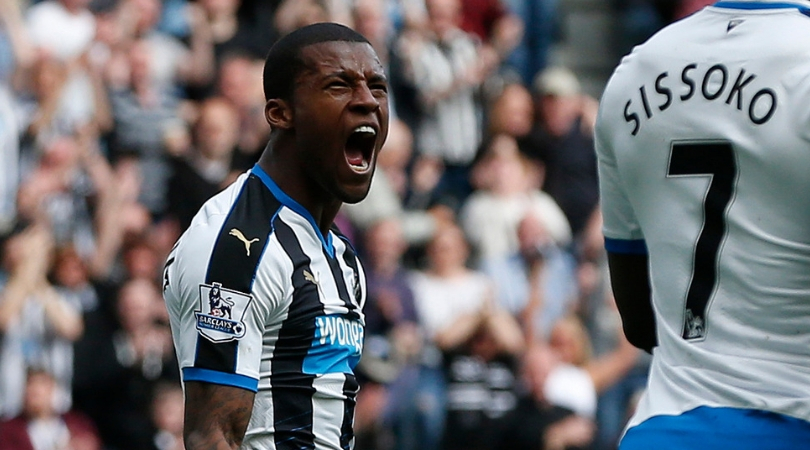
Georginio Wijnaldum (Newcastle United, 2015/16)
The Dutchman’s spell on Tyneside didn’t exactly go as the club had hoped when they handed him a five-year contract in the summer of 2015, after splashing out £14.5 million to bring him to England from PSV – the highest fee spent under Mike Ashley’s stewardship at that point.
Wijnaldum did pay back that fee on the pitch as he scored 11 goals from midfield to finish as the club’s top scorer, but they finished two points behind rivals Sunderland in 18th place.
Liverpool came calling, and the Holland international has become an important cog in Jurgen Klopp's red machine on Merseyside.
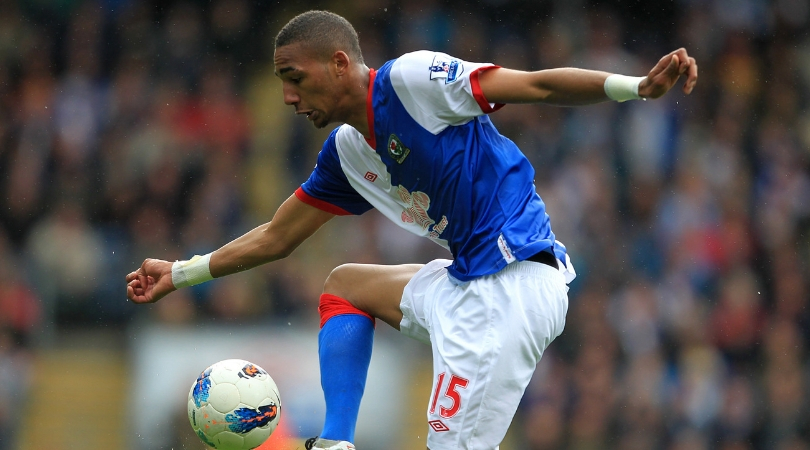
Steven N'Zonzi (Blackburn Rovers, 2011/12)
Before becoming a World Cup winner and playing at the top level of European football, N'Zonzi cut his teeth at Ewood Park. The midfielder featured regularly at the heart of Rovers' midfield but couldn’t save them from the drop, and the then-23-year-old asked to leave once their relegation had been confirmed.
He moved on to Stoke before winning the Europa League at Sevilla, and is now plying his trade in Serie A with Roma.
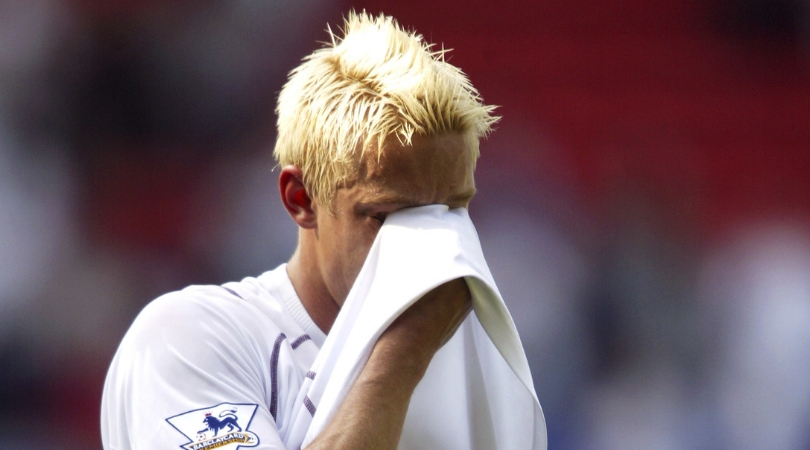
Alan Smith (Leeds United 2003/04)
Smith played a key part in the success of his hometown club in the early noughties, and the image of him in tears following their relegation is an enduring one.
The England international departed Elland Road after being named Supporters’ Player of the Year for the second season running, although his decision to join Manchester United wasn’t exactly a popular one. Smith went on to win the Premier League title at Old Trafford in 2006/07.
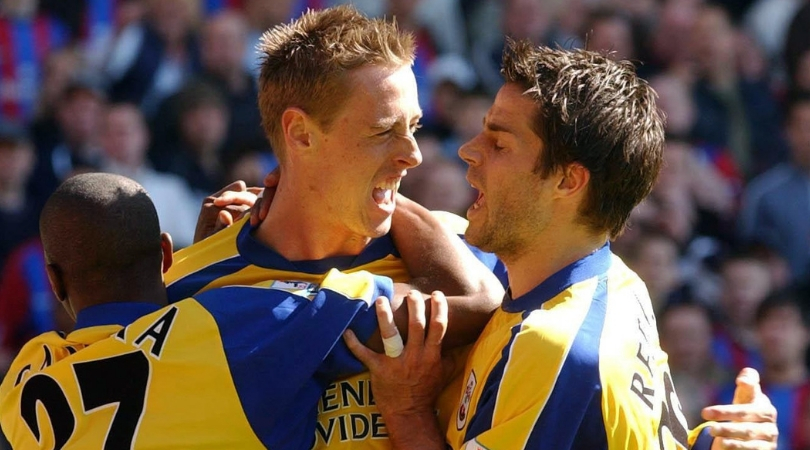
Peter Crouch (Southampton 2004/05)
Crouch’s England adventures began during his season at St Mary’s, as his impressive league form led to the lanky striker receiving his first international call-up. Sadly for him, though, Harry Redknapp’s Saints ended their 27-year stay in the top flight when they were relegated on the final day of the season.
Crouch ended the campaign with 16 league goals to his name, earning him a summer switch to Liverpool.
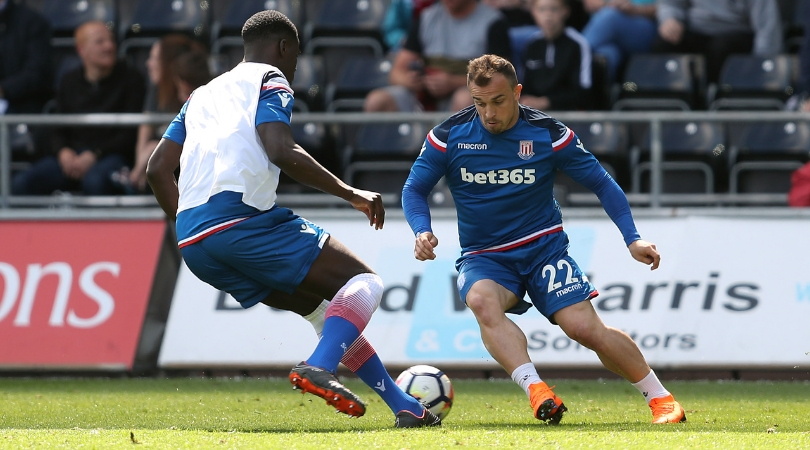
Xherdan Shaqiri (Stoke City, 2017/18)
A sparkling, if inconsistent talent. The Switzerland international did his best to keep Stoke up in a season where the Potters sacked Mark Hughes, before Paul Lambert failed to save them.
Shaqiri finished as the club’s top scorer after netting eight Premier League goals, providing seven assists along the way. That form earned him a summer switch to Liverpool after they met his £13.5 million release clause, and he has gone on to notch another six league strikes at Anfield this season.
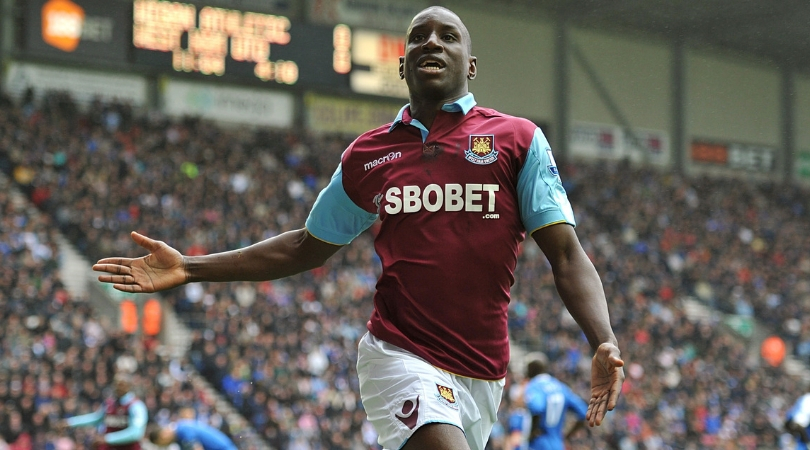
Demba Ba (West Ham, 2010/11)
Ba made an immediate impression at Upton Park. The Senegal striker didn’t make his first appearance for the Hammers until February after joining during the mid-season transfer window, but nevertheless finished the campaign as the club’s top scorer.
West Ham soon realised they had a player on their hands as the striker fired in seven goals from 12 league games, but he understandably had no intention of sticking around in the Championship. Ba turned down a £50,00-per-week contract and bonus payment of £500,000 to leave on a free and join Newcastle.
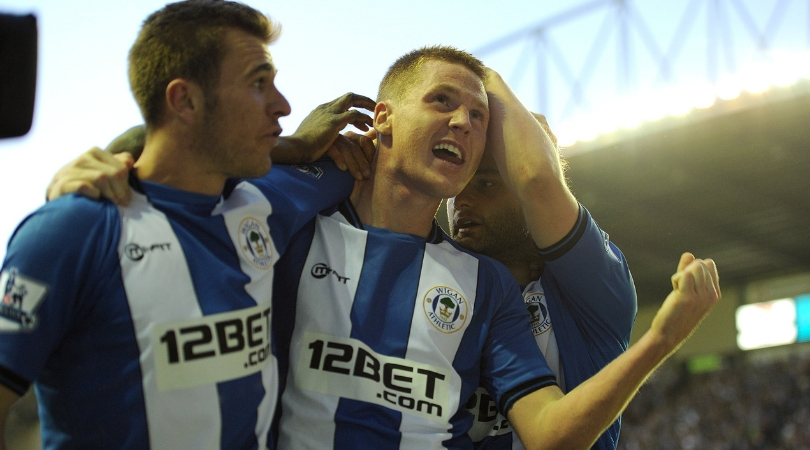
James McCarthy (Wigan, 2012/13)
The 2012/13 campaign was one of mixed emotions for Wigan, who celebrated the momentous achievement of winning the FA Cup while mourning the loss of their Premier League status.
McCarthy was never likely to be short of offers after the Latics’ relegation, and made his move to Everton following the club’s demotion alongside manager Roberto Martinez.
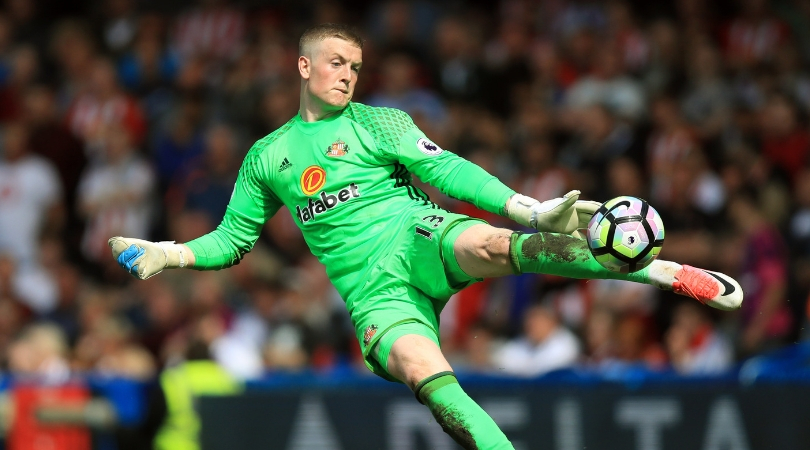
Jordan Pickford (Sunderland, 2016/17)
Another hero of England’s run to the World Cup semi-finals last summer, Pickford was the shining light in a dismal season for Sunderland two years ago.
Beginning the campaign as a No.2 to Vito Mannone, Pickford made the position his own while the Italian was out injured – and he's not looked back since. He's since been praised for his pinpoint distribution and athletic shot-stopping, and was nominated for PFA Young Player of the Year before departing the Stadium of Light for Everton.
Alasdair Mackenzie is a freelance journalist based in Rome, and a FourFourTwo contributor since 2015. When not pulling on the FFT shirt, he can be found at Reuters, The Times and the i. An Italophile since growing up on a diet of Football Italia on Channel 4, he now counts himself among thousands of fans sharing a passion for Ross County and Lazio.
